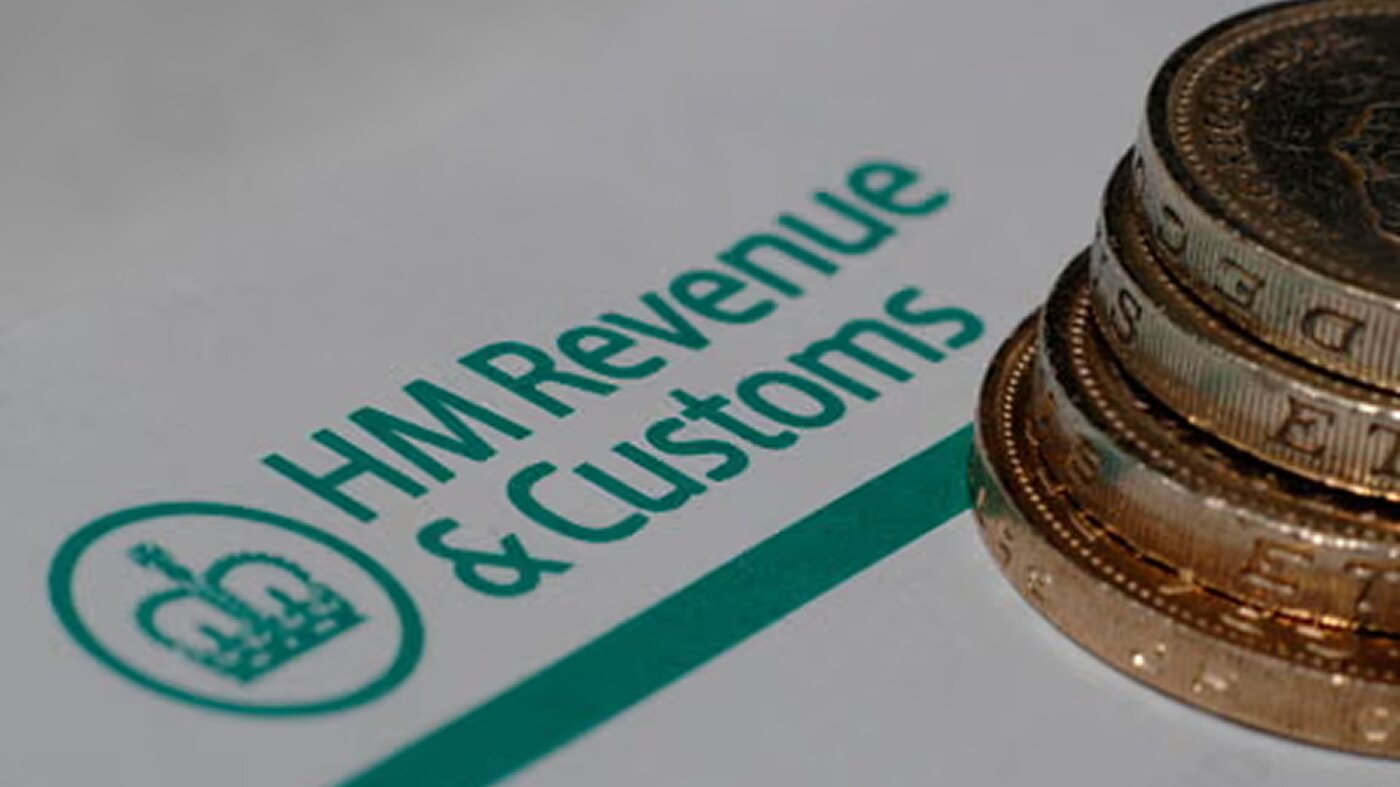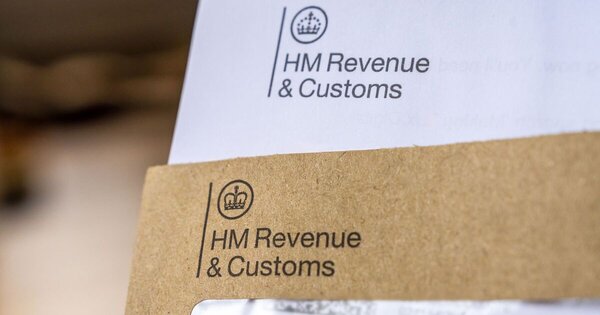HMRC Issues Fresh Alert to Business Owners
HM Revenue and Customs (HMRC) has issued a new alert urging self-employed individuals and small business owners to tighten up their record-keeping. The tax authority warned that missing or incomplete expense records could lead to higher tax bills, as HMRC may disallow claims without proper evidence.
The warning follows guidance targeting earners above £50,000 and comes amid a wider clampdown on inaccurate filings. HMRC stressed that even genuine business expenses could be rejected if taxpayers fail to provide adequate proof during a review or audit.
Expert Warns: ‘No Receipts, No Payout’
Small business accountant Lindie J has cautioned business owners to stay vigilant about documentation, saying too many are losing money by neglecting receipts. “Not keeping receipts is like claiming on insurance without proof,” she said, highlighting that every missing invoice could mean a higher tax bill.
She urged business owners to adopt a proactive approach by capturing receipts immediately after purchase. Everyday costs from phone bills to train tickets may seem minor, but collectively they can significantly reduce taxable profits if properly recorded and claimed.
HMRC Rules on Business Expense Claims
HMRC requires that all taxpayers who operate a business keep detailed and accurate records of sales, income, and expenditure. The agency warns that incomplete documentation can result in rejected claims, higher taxable income, and penalties during an investigation.
For those registered for VAT or employing staff, record-keeping obligations are even stricter. HMRC also reminds taxpayers to align their accounting records with the standard tax year from 6 April to 5 April to simplify reporting and minimise compliance issues.
Digital Tools Encouraged for Easier Record-Keeping
As more receipts move online, experts recommend digital tools and mobile apps to track and store documents securely. These platforms make it easier to upload receipts instantly, reducing the risk of losing vital records and simplifying tax return preparation.
Lindie advises small businesses to “snap, save, and store” receipts digitally instead of leaving them to fade in gloveboxes or shoeboxes. She noted that HMRC readily accepts digital copies, provided they are legible and clearly associated with legitimate business transactions.
Failure to Provide Evidence Can Trigger Investigations
If HMRC questions a business’s expense claims and sufficient evidence cannot be provided, the agency has the power to launch a formal investigation. This process can lead to reallocated profits, additional tax charges, and interest penalties.
Experts warn that even honest mistakes can be costly. Failing to provide receipts or records may cause HMRC to assume undeclared income, increasing the risk of being flagged for further compliance checks or audits in future tax years.
Stay Organised and Be Prepared
Lindie emphasises that organisation is key to saving time, stress, and money at tax season. “You don’t have to be an accountant to stay compliant,” she said, adding that simple habits like regular bookkeeping and separating business from personal finances can make a major difference.
HMRC also reminds taxpayers to review all eligible deductions before submitting their Self Assessment return. Claiming legitimate expenses with clear documentation ensures accuracy, reduces tax liability, and helps avoid scrutiny from the tax authority.
Awareness and Accuracy Save Money
The latest HMRC warning highlights a growing focus on compliance among the self-employed and small business community. As the government works to close tax gaps, maintaining robust records has become more critical than ever.
Experts urge taxpayers to seek professional advice if unsure about what qualifies as a business expense. Awareness, accuracy, and timely record-keeping can help avoid penalties while ensuring every legitimate claim is recognised by HMRC.











